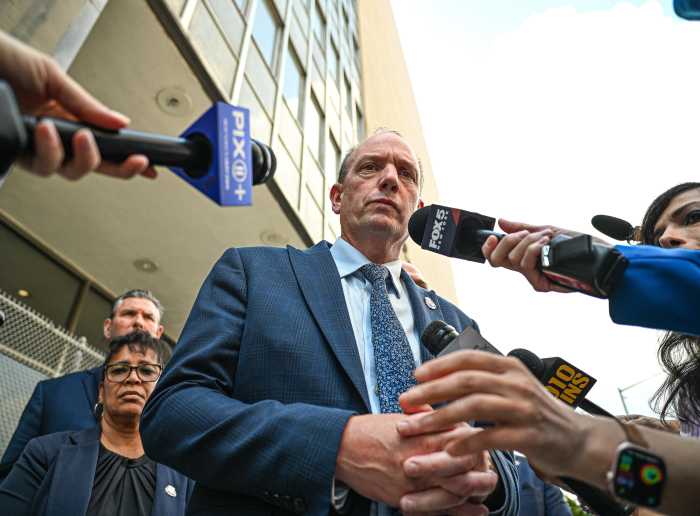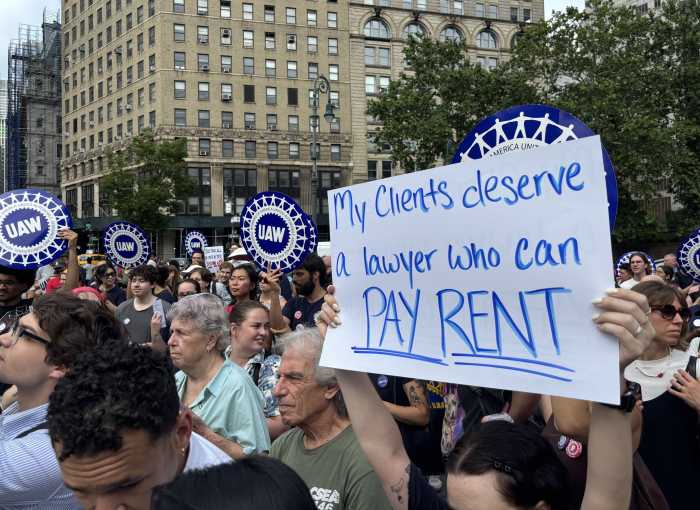The rate of overdose deaths in New York City has dropped for the first time in eight years, city Health Department officials announced on Monday.
But the numbers are still grim. There were 1,444 overdose deaths in 2018 and 1,482 in 2017. Sixty percent of the 2018 deaths involved fentanyl.
“We have seen a decrease in the number and the rate of overdose deaths in New York City in 2018,” said New York City Health Commissioner Dr. Oxiris Barbot during a press conference in the agency’s Queens office. “While this is positive news that we are bending the curve, it is not a moment of celebration and there is more work to be done.”
While the citywide rate of overdose deaths declined over the one year period, the Bronx, Staten Island and Manhattan all saw an increase.
The largest number of overdose deaths, 391, was recorded in the Bronx, as well as the highest rate: 34.1 per 100,000 residents. It was followed by Staten Island which was the site of 114 overdose deaths, 31.5 per 100,000 residents. The rate in that borough jumped 18% from 2017.
The new statistics released by the Health Department showed overdose rates among Latino New Yorkers was up 5% but decreased 13% for Black and 5% for white residents.
Overdose rates in the city rose dramatically in 2016, as health officials across the country recognized a growing opioid crisis, likely caused by a boom in prescriptions for opioid pain relievers in recent years. The number of overdose deaths in the city rose from 800 in 2014, to 942 in 2015, followed by a huge spike to 1,413 in 2016.
In a statement, The Alliance for Positive Change, a non-profit that helps people struggling with substance abuse, said it was “encouraged” by the new data.
“The numbers also depict an epidemic (that) is not going away any time soon, and we must continue to deploy services and programs that are proven to help people who use drugs,” the group said.
City health officials listed several programs it uses to stem the tide of overdose deaths: distributing Naloxone kits, training more health care professionals to prescribe buprenorphine and boosting funding to syringe service programs.
"We recognize there are many routes into addiction and many routes out of addiction," Barbot said.
Barbot also said federal officials should consider allowing Naloxone, medication which can reverse the effects of an opioid overdose, to be sold as an over the counter drug.




































